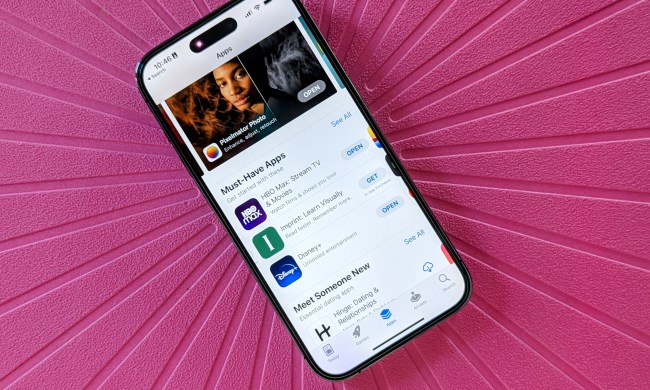
Market research firm ABI Research surveyed 235 smartphone users who installed applications on their phones during 2008, and the report packs some surprises in terms of how much money some of those users spend. Overall, ABI found that some 17 percent of smartphone owners spent nearly $100 on applications, and a whopping 16.5 percent spent between $100 and $499 on smartphone applications. At that point, the cost of the applications can easily meet (or exceed) the cost of the phone itself.
ABI cites low prices in Apple’s App Store as one of the contributing factors in consumer’s willingness to spend money on smartphone applications. ABI notes that applications for platforms other than the iPhone tend to be priced at $7 to $25, and Apple has been criticized for driving the price point of smartphone apps to the $1 to $2 range. However, Apple’s App Store has also opened the door to consumers’ use of mobile applications:
“Apple did a lot for the market with its massive marketing effort telling the public how great mobile content is,” said ABI senior analyst Robert Orr, in a statement. “That created a ‘halo’ effect for the rest of the industry: other device manufacturers and content developers working on non-Apple platforms all saw a bump in sales and downloads because there’s more awareness of the smartphone category.”
Of course, a sample of 235 smartphone owners may not be indicative of the market as a whole; however, as ABI notes, the industry has certainly taken note of Apple’s success, with Nokia, Samsung, Google, Palm, and RIM all planning their own smartphone application stores.


